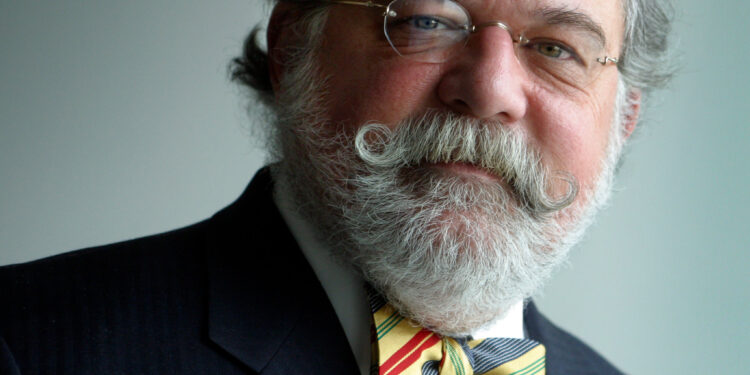Former Trump White House special counsel Ty Cobb, now a CNN favorite for his sharp criticism of the former president, took aim at Attorney General Pam Bondi this week—calling her the most “reprehensible” attorney general in U.S. history.
Cobb’s remarks came after Bondi’s testimony before the Senate Judiciary Committee, where she took direct aim at what many conservatives see as a deeply politicized Department of Justice. Rather than focus on the troubling revelations she raised, CNN turned the spotlight on her tone, with host Erin Burnett asking Cobb if Bondi’s presentation was meant to show “disgust and disregard.”
Cobb replied, “I think we saw today from the attorney general how low the representatives of the Department of Justice are willing to go.” He went on to say, “Never. I think today she achieved one thing. She knocked John Mitchell off the perch of reprehensible attorney generals as number one, despite his guilty plea and time in jail.”
He didn’t stop there. Cobb accused Bondi of misleading supporters about the Jeffrey Epstein case, saying, “She tried to mislead the the MAGA faithful with regard to Epstein by saying, well, we’ll try to get the grand jury minutes knowing that there was nothing in the grand jury minutes that would shed any light on this. It is just all a deception game. This is basically designed to affect the credibility of various institutions, the Justice Department, the Congress today. The lack of respect that’s being shown for the institutions that have driven America to the leadership of the world is shocking, but it is right out of the authoritarian handbook.”
That “authoritarian handbook” claim is ironic coming from a former government insider defending a Justice Department many Americans now view as one of the most politically compromised in modern history. Bondi’s willingness to confront that reality in public hearings threatens the cozy Washington club that long protected its own—Democrats and Republicans alike.
While legacy media outlets frame her testimony as combative or “disrespectful,” many on the right see it differently: a long-overdue challenge to a bureaucracy that has forgotten its purpose—to serve justice equally, not ideologically. Cobb’s attack underscores the growing divide between establishment figures content to defend the system and reformers like Bondi determined to expose its rot.
At a time when public trust in the DOJ has collapsed and ordinary Americans see a two-tiered system of justice, one thing is clear: those who speak uncomfortable truths about it will always be labeled “reprehensible” by those desperate to protect the status quo.




















